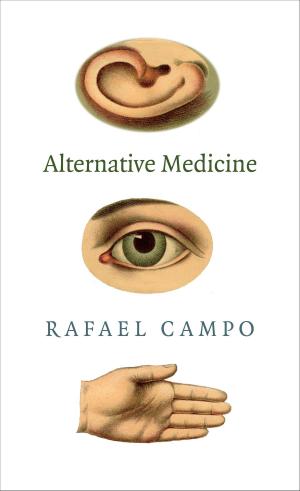Richard Price and the Ethical Foundations of the American Revolution
Nonfiction, History, Americas, United States, Colonial Period (1600-1775), Religion & Spirituality| Author: | ISBN: | 9780822397816 | |
| Publisher: | Duke University Press | Publication: | June 1, 2012 |
| Imprint: | Duke University Press Books | Language: | English |
| Author: | |
| ISBN: | 9780822397816 |
| Publisher: | Duke University Press |
| Publication: | June 1, 2012 |
| Imprint: | Duke University Press Books |
| Language: | English |
Richard Price was a loyal, although dissenting, subject of Great Britain who thought the British treatment of their colonies as wrong, not only prudentially, financially, economically, militarily, and politically, but, above all, morally wrong. He expressed these views in his first pamphlet early in 1776. It concluded with a plea for the cessation of hostilities by Great Britain and reconciliation. Its analyses, arguments, and conclusions, however, along with its admiration for the colonists, their moral position and qualities, could hardly fail to contribute to their reluctant recognition that there was no real alternative to independence. Price found some of his views not only misunderstood but vilified by negative critics in the ensuing controversy. So he wrote a second pamphlet which was published in early 1777. He expanded his analysis of liberty, extended its application to the war with America, and greatly expanded his discussion of the economic impact upon Great Britain. After the war, in 1784, he published a third pamphlet on the importance of the American Revolution and the means of making it a benefit to the world, appending an extensive letter from the Frenchman, Turgot. Implicitly the letter regards Price as a perceptive theorist of the revolution; explicitly it identifies the problems facing the prospective new nation and expresses a wish that it will fulfill its role s the hope of the world. Selections in the appendices present a part of the pamphlet controversy and the selection of correspondence shows how seriously Price was regarded by Revolutionary leaders.
Richard Price was a loyal, although dissenting, subject of Great Britain who thought the British treatment of their colonies as wrong, not only prudentially, financially, economically, militarily, and politically, but, above all, morally wrong. He expressed these views in his first pamphlet early in 1776. It concluded with a plea for the cessation of hostilities by Great Britain and reconciliation. Its analyses, arguments, and conclusions, however, along with its admiration for the colonists, their moral position and qualities, could hardly fail to contribute to their reluctant recognition that there was no real alternative to independence. Price found some of his views not only misunderstood but vilified by negative critics in the ensuing controversy. So he wrote a second pamphlet which was published in early 1777. He expanded his analysis of liberty, extended its application to the war with America, and greatly expanded his discussion of the economic impact upon Great Britain. After the war, in 1784, he published a third pamphlet on the importance of the American Revolution and the means of making it a benefit to the world, appending an extensive letter from the Frenchman, Turgot. Implicitly the letter regards Price as a perceptive theorist of the revolution; explicitly it identifies the problems facing the prospective new nation and expresses a wish that it will fulfill its role s the hope of the world. Selections in the appendices present a part of the pamphlet controversy and the selection of correspondence shows how seriously Price was regarded by Revolutionary leaders.















